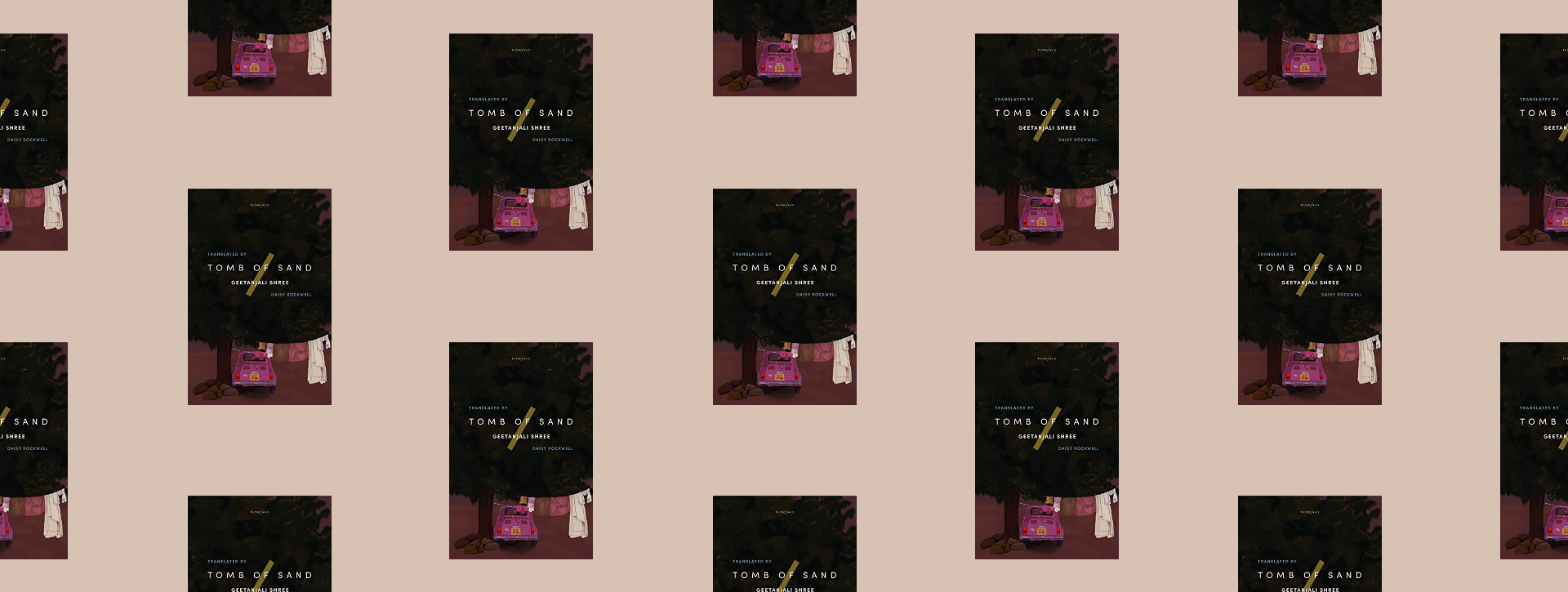Seven Empty Houses
Seven Empty Houses is a powerful, slim set of translated stories that take a common motif (the house) and use it to pack a fresh-feeling punch. I liked it very much.
Tomb of Sand
Tomb of Sand, translated to English from the Hindi, is a masterpiece of both storytelling and translation. I’ve simply never read anything like it.



